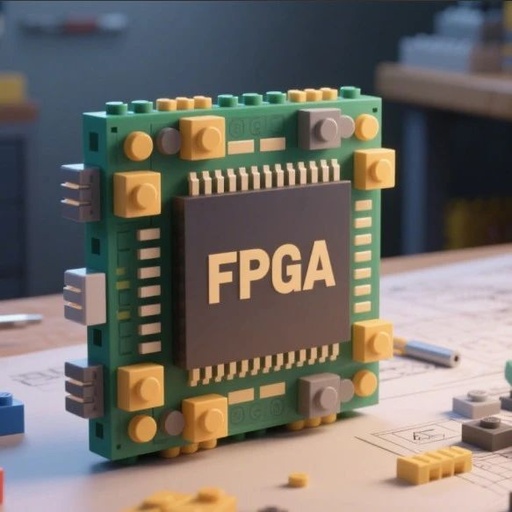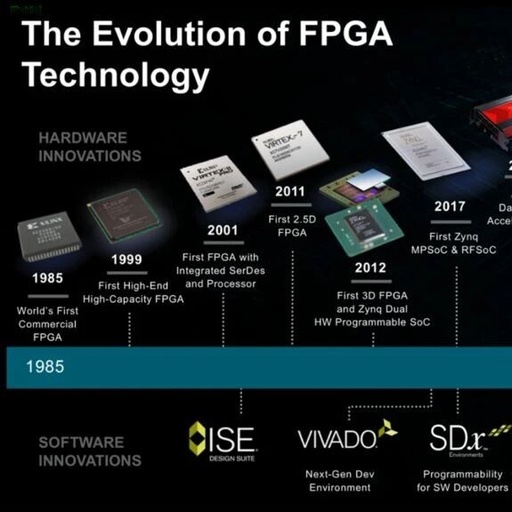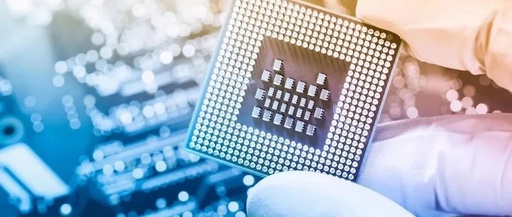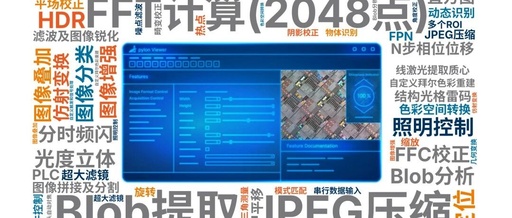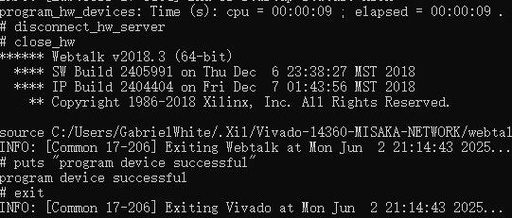The Dual Giants Go Solo: A New Era for FPGA as It Turns Forty
In 2025, a low-key yet monumental invention in the semiconductor industry—FPGA (Field Programmable Gate Array)—will celebrate its fortieth anniversary. This is not just a milestone in time, but rather a dramatic historical metaphor. In this special year of turning forty, the two giants that once dominated the FPGA market for decades, Xilinx and Altera, after … Read more
